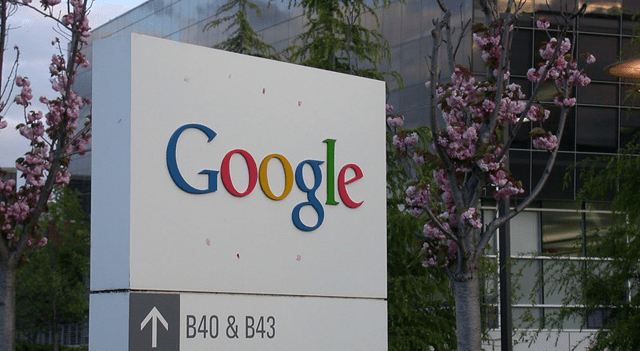A historic trial begins today (12) in which the U.S. government accuses Google (NASDAQ:GOOG) of monopolistic practices in its search system.
The United States will argue on Tuesday that Google did not play by the rules in its efforts to dominate online searches, as a trial seen as a battle for the soul of the Internet unfolds before a federal judge in Washington.
The U.S. Department of Justice is expected to detail how Google pays billions of dollars annually to device manufacturers like Apple, wireless companies like AT&T, and browser makers like Mozilla to keep Google’s search engine at the top of the leaderboard.
Such an action against a technology giant has not occurred in the country since the 1990s when Microsoft was the target.
The accusation: The U.S. Department of Justice alleges that Google acted monopolistically by entering into agreements with manufacturers, primarily Apple, browsers, and other companies to make its search engine the default on devices.
In exchange for these agreements, companies like Apple, Mozilla, and AT&T receive a share of advertising revenue from searches, revenue that could be threatened by the trial.
Google holds about 90% of the search engine market in the country and 91% worldwide, according to Similarweb.
The defense: As the owner of Google, Alphabet asserts that its agreements with manufacturers are not exclusive, and users can change the default settings to use other search engines.
Google holds about 90% of the search engine market in the country and 91% worldwide, according to Similarweb.
Why it matters: The trial, expected to last ten weeks, marks a new era in the government’s scrutiny of big tech companies.
Previously, the focus had been more on the acquisitions announced by these companies, but now attention has shifted to their core activities.
In its complaint, the government has requested “structural relief as needed,” without specifying further.
The legal battle has significant implications for Big Tech, which has been accused of either buying out or stifling smaller competitors but has largely avoided many antitrust law violations because the services these companies provide to users are free, as in Google’s case, or inexpensive, as with Amazon.com.
Should Google’s practices be deemed monopolistic, the judge may impose financial fines or other corrective measures, potentially leading to a separation of Alphabet’s business entities.
This is what happened with Microsoft in the trial concerning the practice of pre-installing its Internet Explorer browser on computers that came with the Windows operating system—the big tech company managed to overturn the decision on appeal to higher courts.
